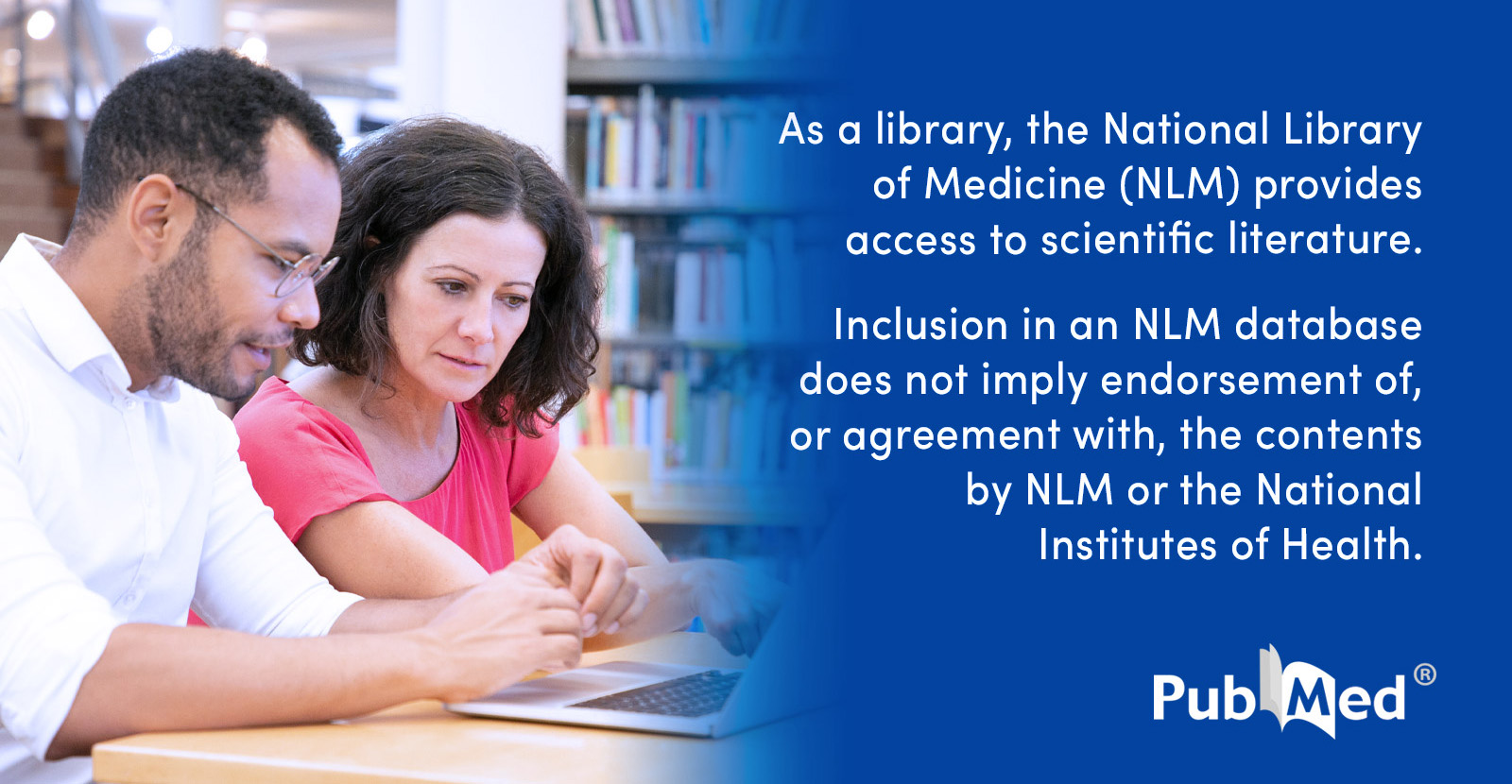"I suppose the only cost to marriage comes from social connectedness. The singletons are more connected and more willing to offer assistance to family, friends, neighbours during times of need and contribute more to their communities in this providing informal and social support."
I don't know if this is true.^
• In a couple of the American Studies, I’ve looked at single people are more likely to help friends and colleagues (with providing transportation and running errands) and are more likely to offer advice and support.
• With aging parents, they are more likely to receive help from their single children than those that are married. When it comes to helping with illness and disability single people are more likely to provide assistance. Moreover, the societal stereotype of singles being parsimonious and married people being more generous just doesn’t hold up to scrutiny.
This paper uses recent data from the Wisconsin Longitudinal Study (N = 5,220) to explore gender differences in the extent to which adults in their 50s and 60s provide informal help to their adult children, elderly parents and friends We find that both men and women report very high levels of...

www.ncbi.nlm.nih.gov
Subscription and open access journals from SAGE Publishing, the world's leading independent academic publisher.

journals.sagepub.com
Subscription and open access journals from SAGE Publishing, the world's leading independent academic publisher.

journals.sagepub.com
• You can take this with a grain of salt since Somalis have divergent beliefs, values, and customs than the groups under study. Women are more likely to provide informal caregiving be they married or unattached. And it’s not like we could access data on this group in terms of their provision of support beyond anecdotal accounts.
• What I do know is that even for Somalis the nature of the family is changing thanks to social networks, the internet revolution, and the mobile revolution. People within a family are involved in separate online activities that are tailored to their preferences (from the sites they frequent to the shows they watch and in communicating with own friends). Today people have their own phones (rather than a family phone) and individual cars. Couples today are also less likely to work on projects together around their homes, visit friends or eat together than they were in the1980s.
• I think Norman Augustine (sociologist) said that "
for every scientific or engineering action there is an equal or opposite social reaction". One can only imagine what life will look like when ICTs are more fully operational. Imagine your appliances communicating with each other and your consumer items replenishing themselves. And your house spying on your visitors or husband and then storing this data somewhere you can access. It might seem like Minority Report to some but *Metaverse Heaven * to others.
"If given a choice it's better to either be in a healthy marriage or remain single and never married without kids."
You can't predict a lot of what happens in a marriage, things happen, and you'll have to make decisions based on the different factors in that situation, and try to reach an optimal solution. It's not black and white when you deal with humans. Lol
Humans are confusing. There are a lot of decisions they make based on incomplete information and they can arrive at faulty conclusions clouded by their worldview/ life experience. When you have two parties sharing a communal space conflict is sure to arise at some point. Sometimes misunderstandings accumulate/snowball. I suppose it's about compromising, trying one's best to see the other person's POV (while temporarily suspending one's own) and some facility in managing one's emotions (easier said than done) but it can be taught. I suppose the most pragmatic decision should be chosen when one is faced with a particular obstacle.
And you're right to the extent that most individuals are not so great at predicting how they would act when faced with adverse situations/circumstances.
I get that it's not all black and white.
It was a dream.

